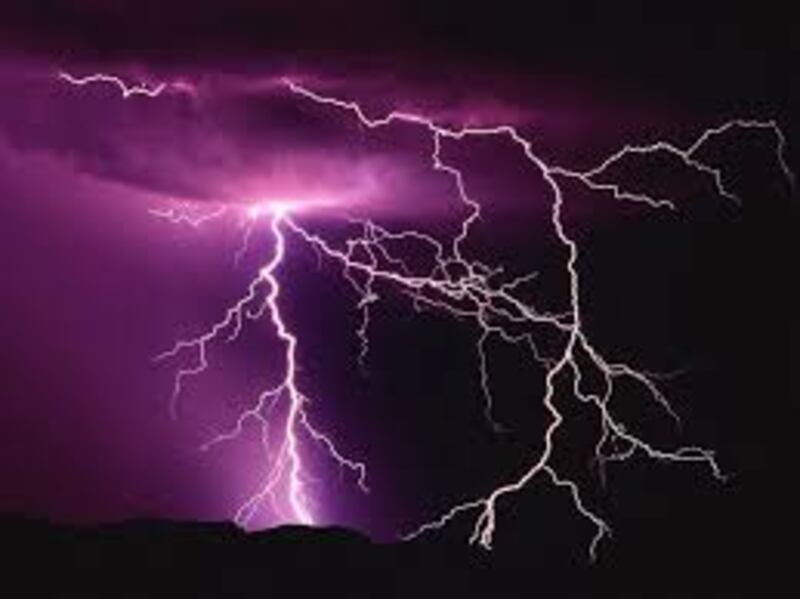ORLANDO, Fla. — Florida is the lightning capital of the United States. We know that Florida’s thunderstorms are an everyday event during the summer months, from June to September. Lightning comes with these thunderstorms, making Florida the lightning hotspot of the United States.
Lightning occurs when there is an unbalanced electrical charge in the atmosphere. The movement of particles (rain and ice) inside the clouds creates an electrical charge. The negative charges, electrons, form at the bottom of the clouds, and the positive charges, protons, from at the top.
Download our Free WFTV Weather app: GET LIGHTNING ALERTS RIGHT TO YOUR PHONE
Lightning makes all thunderstorms potential killers.
Even though lightning fatalities have decreased over the last decades, there were 26 fatalities caused by lightning in the United States in 2015; five of them in Florida. Lightning is an unpredictable phenomenon. Meteorologists know when they are most likely to occur, but not exactly when, or where. It is important to remember that even though a storm might not seem threatening, lightning can strike as far as 10 miles away from the storm, and it can still cause damage or be fatal.
Lightning safety:
- Always stay updated on the weather forecast.
- If you are planning on doing outside activities, make sure you plan ahead and take the right precautions before the storm arrives.
If outdoors:
- Stop outdoor activities.
- Take shelter if you see the skies darkening, or as soon as you hear thunder.
- Avoid open fields.
- Picnic pavilions, baseball dugouts, beach shacks, and isolated trees should be avoided.
- Stay away from tall structures, such as trees, posts, etc.
- Convertibles and golf carts do not provide protection from lightning.
- If you are in groups, spread out. This will prevent the current from traveling among the group.
- Stay away from water, moist items, and metal objects. Even though they don’t attract lightning, they are great electricity conductors.
- If on the water:
- If thunderstorms are in the forecast, avoid heading to the water.
- If in a small boat with no cabin, anchor down, stay as low as you can, and do not use the radio unless it is an emergency.
If indoors:
- Wireless phones are safe to use, but stay off corded phones.
- Do not use any type of electrical appliance, including TVs and computers.
- Avoids plumbing.
- Stay away from doors and windows.
- Protect your pets, especially those that often outdoors, and bring them inside.
- Do not try to unplug equipment during a thunderstorm.
DOWNLOAD: WFTV Free Weather App to get alerts for your location
Visit our hurricane section: EYE ON THE TROPICS
Visite la sección en español: Temporada de huracanes
Follow our Severe Weather team on Twitter for live updates:
- Chief meteorologist Tom Terry
- Brian Shields
- Irene Sans
- Kassandra Crimi
- George Waldenberger
- Rusty McCranie
Cox Media Group







